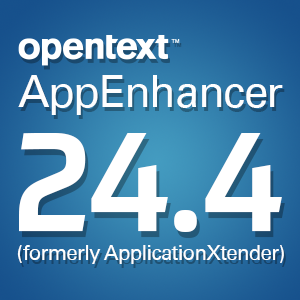FATCA regulatory compliance demands better data management
Monday, January 21, 2013An increasing number of financial institutions face significant legal troubleand fines as a result of poor document management that went against regulations outlined by the Foreign Account Tax Compliance Act (FATCA).
According to iExpats, two-thirds of international banks are suffering the consequences of failing to comply with the global tax law, which requires that institutions register with the IRS and provide details regarding all U.S.taxpayers that have more than $49,000 in their account. However, as a result of ineffective management of client records, many of these banks are unable to identify and classify clients that need to be reported to the IRS. A spokesperson for the financial services software company Fenergo estimated that almost 80 percent of these institutions will need to reassess processes for storing and maintaining customer data.
Prioritizing classification
This reassessment will require that banks have a better classification system for clients and easier access to supporting documentation. Furthermore, Finextra explained that as institutions acquire new clients, intelligence capture features will need to include FATCA-specific fields that automatically identify applicants that pose a potential liability.
Additionally, in order to maintain this compliance, document management systems must have advanced monitoring capabilities that can detect changes in a client’s financial situation that could alter their FATCA status. This will include regular, frequent reviews of client profiles to re-assess each individual’s classification. Effective monitoring of these documents entails acute awareness of expiration dates so that client information is always up-to-date. It is equally important that document management systems have sufficient storage capacity, as Finextra pointed out that FATCA rules include an increase in documentation. Fenergo explained the implications of recent FATCA violations to iExpats.
“One issue that is coming through loud and clear is that those institutions which haven’t started their FATCA compliance process yet are going to struggle because they don’t yet know the size of their data challenge,” the firm stated.
Meeting the demands of FATCA rules is complex, and requires a heightened dependency on digital technologies in assisting with archiving and analyzing documentation. Finextra asserted that due to the high volume of documents collected by financial institutions, it may be beneficial to implement an automated system for entering and maintaining client data as well as reviewing these files on a regular basis. An electronic database provides an easily accessible, more searchable platform to ensure that client records are properly organized and information is consistently accurate, minimizing opportunity for violations.
Brought to you by Image One Corporation providing complete information governance since 1994.




